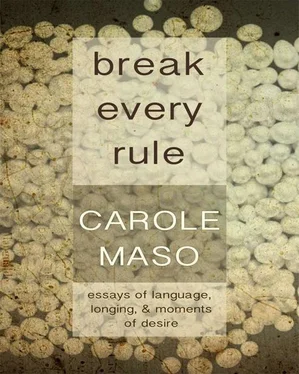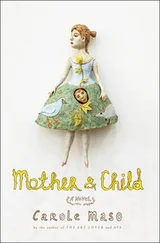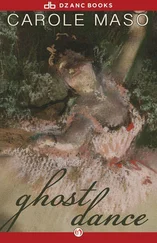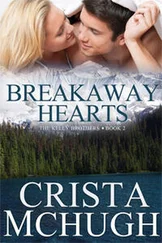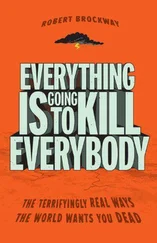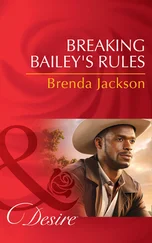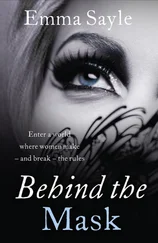Shattering of glass.
Rilke’s Malte Laurids Brigge is like my American Woman in that both, as lyric novels, move image by image toward intensity. Images follow a progress through interplays and modulation until they reach a level of nearly unbearable intensity. Action is a concern, but a secondary one.
The beauty and terror of silence intrigues me. Poetry reveres silence. Fiction too often tries to fill it up. And sound, voluptuous, reinsisting itself against that backdrop of silence, takes on a different quality.
As we form our first words after making love .
Not to take anything for granted.
But digression seems more built into the potential of the novel. Is true digression more possible in fiction, in that one may completely forget one strand of reality, having replaced it by an equally compelling and lengthy one, which might wipe out for awhile, obliterate what has preceded it? And then to be returned to the first world again, bewildered.
And so we get to the notion of home. The move towards home and the longing called home and all that memory, imagination, desire, belief, doubt can conjure as we circle and circle on this extraordinary journey. The novel filled with acting out, rehearsals, meditations, games from childhood, melancholy rainy afternoons or bright sunlight where you bounced a little ball and picked up glittering stars called jacks in one hand.
Where you bounced a large ball, “A,” and you went through the precious alphabet. A my name is Alice. And yes,
It is true my name is Carole Alice.
Perfect the action in your mind that will keep the hula hoop up, or the brother safe, or the dress red.
Allow, because you must allow, the broken glass to speak.
And sometimes when she wasn’t sad, but was furious and wanted to get away from all the brothers and sisters, she’d turn herself into a horse.
Time passes: It’s shocking. You change shape. Your parents age and eventually die. You remember your mother in a bathing suit, beautiful on a dock at a lake. And when you put on your bathing suit now, she is exactly back at age thirty-five, in you.
Time passes. I digress.
A progress. A child is born. Grows. Learns to write. One day has children. Those children too sing the old songs, teach beloved things to the next children. A progress of numbers. They grow old.
My father playing his trumpet in the moody half-light.
I got to dance in a circle. I got to kiss you on the cheek.
The left-handed boy lived.
I wanted—
The pleasure of accumulated meanings, of accretion, which is the narrative act. A fragile constellation, through time and space, of relationship. An architecture of stars, of—
The joy has been in watching you grow. The joy has been in loving you .
I talk to a faraway friend and ask what will happen next. How did she find out? Who will leave whom? Where did the other woman go? And what about the child? She’s not sure. My dear friend, a glass artist, tells me she is making glass books. Will there be further fractures?
One makes shapes.
K.
I wrote you one thousand love letters. You probably never got them all .
I imagine the progress of the glass books as she speaks.
The fragility of her voice trembling over the thin wires.
The relatives place the white ravioli on the beds to dry. I open my mouth to receive the host. Where have you gone?
And when she was joyful as well — she remembers now — ecstatic, she would turn herself into a horse. So that the horse took on many meanings.
The desire of the girl to be a horse. The novel to be a poem. The desire to change shapes again and again.
Is the lyric Orphic voice reliant for its energy and power on an insistent and intense sexuality?
Careful of the intercom .
As I write these notes to myself, I traverse the country “promoting,” as they say, my American Woman in the Chinese Hat . Right now I am flying from Los Angeles to New York. We’re going fast , at some 33,000 feet. The nose of the plane is already dipped in night. At the tail, where I sit, last day. This tells me something important, but I don’t know what yet, about novel writing. There’s movement and stasis. The sun setting at my side.
I’m reading a magazine with Nirvana’s Kurt Cobain on the cover in between jotting these things in my notebook. I’m flooded with memories, associations, the history of a lifetime, my lifetime — and these things make Kurt Cobain’s suicide even more painful today. Without my points of reference this pain could not exist in this way. The novel can create these responses, these states by the gradual, leisurely building up of moments though space and time. The novel possesses the sound, the structure, the spaciousness, the heart to get some of it down. Let’s hope.
Jenny Holzer: “In a dream you saw a way to survive and you were full of joy.”
Row your boat, row your small boat .
And, only a little after this it will be Kristen Pfaff, the bass guitarist from the band Hole — good-bye.
My dear glass friend has had a second breast removed now. Now what? Emotion as narrative: sadness, ferocity, fear, can give integrity, as we through fiction rehearse, pray, conjure, bring the night closer and also, simultaneously, dispel it. A beautiful, passing landscape.
Tarkovsky: “The allotted function of art is not, as is often assumed, to put across ideas, to propagate thoughts, to serve as example. The aim of art is to prepare a person for death, to plough and harrow his soul, rendering it capable of turning to good.”
How to incorporate the joys and pleasures, tenderness, delicacies, the generosities and seductions of the novel and its narrative capacities with the extraordinary, awesome capabilities of poetry? There’s the challenge. Who is up to it? I wonder.
A girl in a striped bathing suit sits at the water’s edge. She digs deeply in the sand and from the vast beach makes shapes: an arch, a pyramid, two towers. Not child, but not yet adult, she is at that tender age of becoming .
The glass might mend itself.
The child draws the luminous letter A in the sand. She hears the phosphorescent ocean.
Miracles might occur. Who is up to it?
A small voice rises in me. I am , it says.
And then the plane is enveloped in darkness.
For Cynthia
April — December 1994
NOTE : All italicized material is from a Carole Maso novel or from a work-in — progress .
I HAD COME FROM FRANCE WHERE I had gone to write, living on a borrowed $1,000 for months, but I was at the end of my resources: financial, emotional, psychic. Even this life, beautiful and mysterious and charmed as it was, had become intolerable — I was moving every few weeks, uncertain as to what would happen next, house-sitting or caretaking or other more elaborate and difficult arrangements. And the woman, dear Helen, who had over the years seen me through all this — inventing schemes, guiding me, urging me even into each necessary if troubling arrangement so that it might be possible to write my books — four in all then, in one state or another of completion — she, too, was at her wit’s end. And so I had decided to accept, yes, the outlandish, impossible offer of meaningful employment by the wild-eyed iron-willed woman I had met a few years earlier at the MacDowell Colony. She, one Lucia Getsi, had predicted on the first day of my residency there — based on very little, only my first novel-that I would teach at her school, Illinois State University (ISU). With no MFA, no teaching experience, and no real evidence that the Midwest existed at all, I nodded unworriedly, convinced no such thing would be possible. Two years passed. I went to Provincetown; I went to France; I finished a second novel. But possible indeed it was, and before I knew it Lucia’s prediction had come true.
Читать дальше
